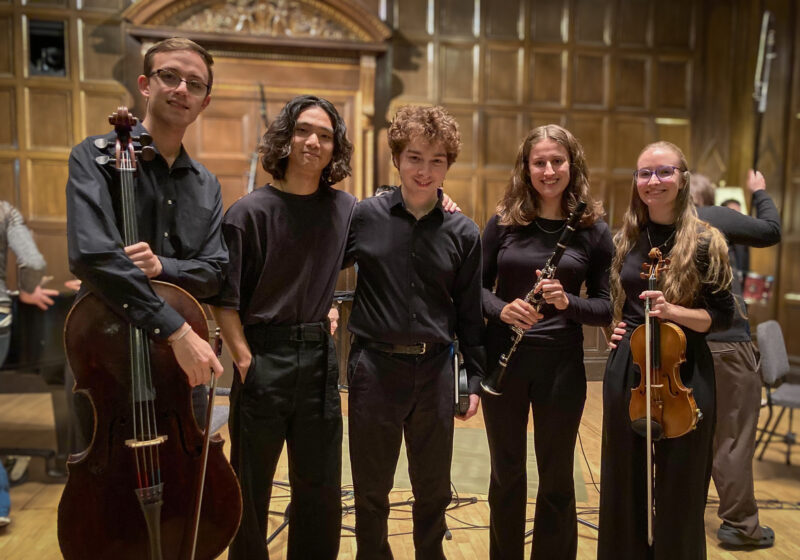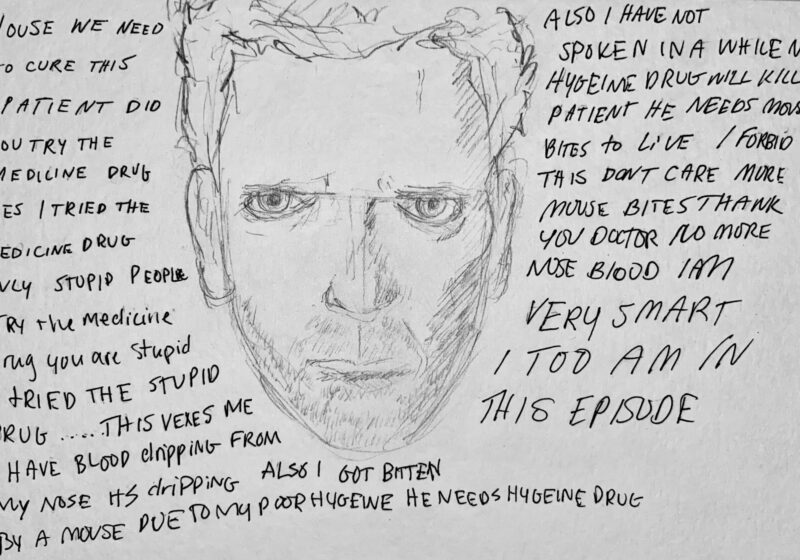Local teachers spoke about teaching immigrant students in the first of two lectures under the Urban Teaching and Leadership Forums yesterday. The teachers, Miriam Ehtesham and Henry Padron, are both bilingual teachers in the Rochester City School District and they discussed original approaches to teaching students who are immigrants and refugees.
The lecture was sponsored by the Margaret Warner Graduate School of Education and Human Development. It was organized by Director of the Urban Teaching and Leadership Program at the Warner School Sonia James-Wilson. She described it as an opportunity for people on campus to hear about things happening around the local school district.
“There is so much negative press about the city school district,” James-Wilson said. “This way people have a chance to talk about some of the great things that they are doing.” She was pleased with the turnout, which was composed of students, teachers, and school district personnel, but also encouraged more students to come in the future.
Both of the speakers are very experienced in their field. Ehtesham, who started teaching in Iran in 1979, teaches students ESL in four schools around Rochester. Padron teaches a dual-language class in Spanish at School #12 and also has administrative experience.
The main focus of the lecture was the Jumpstart Program, an innovative 10-day program that helps students who recently entered the country learn “survival skills” for the upcoming school year. The student may have just arrived from a dangerous situation in a third-world country and they are not prepared to function in an American school setting. As Ehtesham put it, after going through this program, a student who arrived in the country a week ago has the experience of a student who attended the school the year before.
The Jumpstart Program has been extremely popular and successful, boasting a 95 percent attendance rate last year. The students’ ages range from kindergarten to high school and they come from a wide variety of nationalities, including Turkish, Afghani and Cuban.
The speakers went on to discuss some other important programs for immigrants that are being instituted around the area and some of the problems that they are finding. The Rochester City School District received $1.2 million over three years to fund these projects, but that number is threatening to decrease in the future due to the so-called “Treadmill Effect.” This theory states that test scores will continuously go down in these programs. Students who perform well in the program will “graduate” and leave the program, and they will not take the tests anymore. The students who perform poorly remain for that reason and the test scores go down, as does funding.
“We need to stress school improvement, not punish it,” Padron said. He identified the need to consider other factors besides standardized tests.
Padron brought up an interesting statistic in the number of different languages that need to be considered. Most of the bilingual programs in Rochester are for Spanish-speaking students. However, after Spanish, the most widely spoken languages in the school district are Somali, Arabic and Mong. Schools #4, #14 and #15 in particular have large Somali and Arabic population.
Padron said that the school district is working on programs to help these students, and some programs have already been instituted in SUNY Brockport, SUNY Geneseo and other schools. He outlined the way that these programs work, as well as some of the existing programs, such as LEAP, the Language Assessment and Placement Center, and Jumpstart.
Ehtesham agreed that there should be other ways to test students’ abilities.
“Teaching to the test is not what I’m all about,” she said. However, she realizes that every student has to take an ELA test to determine how they are viewed in the eyes of other teachers and administrators. She spoke about how she was at first conflicted about whether to ignore the test or prepare the students rigorously. She decided on a compromise; she would take the students who had already taken the exam and missed the cutoff by a small margin and put them in a program that she runs. Although the data for that program is not in yet, she seemed optimistic about the results.
Ehtesham and Padron both seemed very passionate about the work they were doing. Before going into detail about their programs, they showed the audience a slideshow of pictures of students that they have helped, filled with smiling faces of children learning, playing and having fun.
“We want to emphasize the human aspect of what we’re doing first and foremost,” Ehtesham said.Wrobel is a member of the class of 2010.





